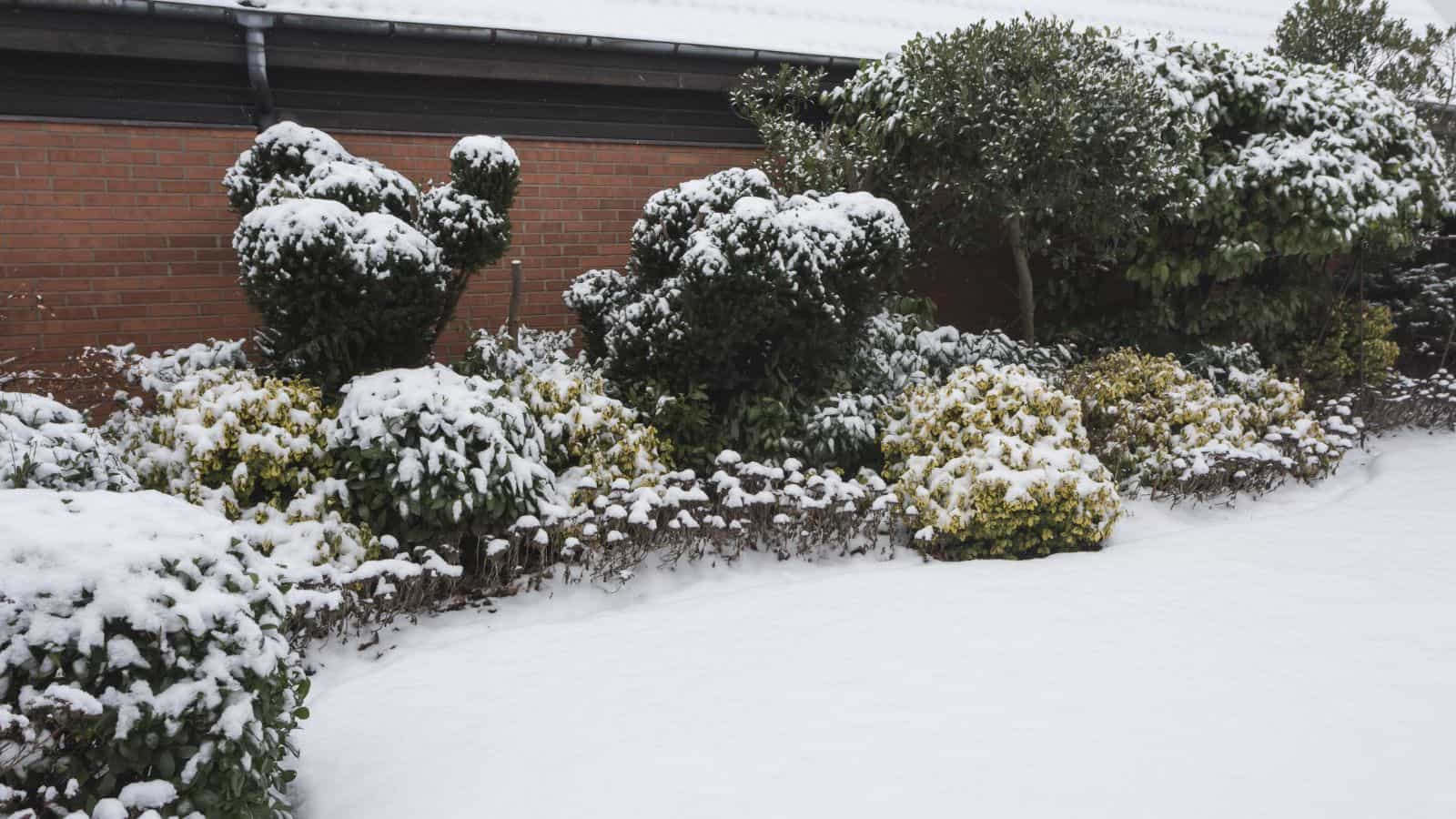Winter can be a challenging time for outdoor plants, but with proper care, you can help them survive and even thrive through the cold months. Here are some essential tips for ensuring your outdoor plants stay healthy and protected during winter.

1. Mulch for Insulation
Mulching is one of the most effective ways to protect your plants from harsh winter conditions. It helps insulate the soil, retaining moisture and keeping roots warmer.
Mulching Tips:
- Apply Mulch: Spread a thick layer (2-4 inches) of mulch around the base of your plants. Use organic materials like straw, leaves, or wood chips.
- Avoid the Crown: Keep mulch a few inches away from the plant stems to prevent rot.
2. Water Before the First Frost
Well-hydrated plants are more resilient to cold weather. Watering deeply before the ground freezes helps plants to stay hydrated throughout winter.
Watering Tips:
- Deep Watering: Ensure the soil is thoroughly soaked. This is especially important for evergreens and newly planted shrubs and trees.
- Timing: Water during the day when temperatures are above freezing.
3. Protect Against Frost
Frost can damage plant tissues, leading to wilting and death. Taking steps to protect your plants from frost is crucial.
Frost Protection Tips:
- Cover Plants: Use frost cloths, old sheets, or burlap to cover sensitive plants overnight. Remove coverings during the day to allow sunlight and air circulation.
- Move Containers: Bring potted plants indoors or move them to a sheltered location like a garage or basement.
4. Prune Wisely
Pruning helps maintain plant health, but winter pruning should be done with care to avoid damaging the plant.
Pruning Tips:
- Remove Deadwood: Cut away dead or diseased branches to prevent them from breaking under the weight of snow and ice.
- Avoid Heavy Pruning: Heavy pruning can stimulate new growth that is vulnerable to winter damage. Save major pruning tasks for late winter or early spring.
5. Protect Roots
The roots of your plants are particularly vulnerable to freezing temperatures. Taking steps to insulate and protect them is essential.
Root Protection Tips:
- Insulate Containers: For potted plants, wrap containers in bubble wrap, burlap, or move them to a protected area to prevent root freezing.
- Raised Beds: If you have raised beds, add a layer of mulch or straw to insulate the soil.
6. Guard Against Pests
Winter doesn’t eliminate pests, and some may seek shelter in your garden. Take steps to keep pests at bay.
Pest Control Tips:
- Clean Up Debris: Remove fallen leaves, dead plants, and other debris that can harbor pests and diseases.
- Inspect Regularly: Check your plants periodically for signs of pests like rodents or insects and take appropriate action.
7. Monitor Weather Conditions
Stay informed about the weather conditions to provide timely care for your plants. Sudden temperature drops can require immediate action.
Monitoring Tips:
- Weather Alerts: Sign up for weather alerts to be notified of frost warnings and severe weather conditions.
- Prepare for Extremes: Be ready to cover plants, water them, or move them as needed based on the forecast.
